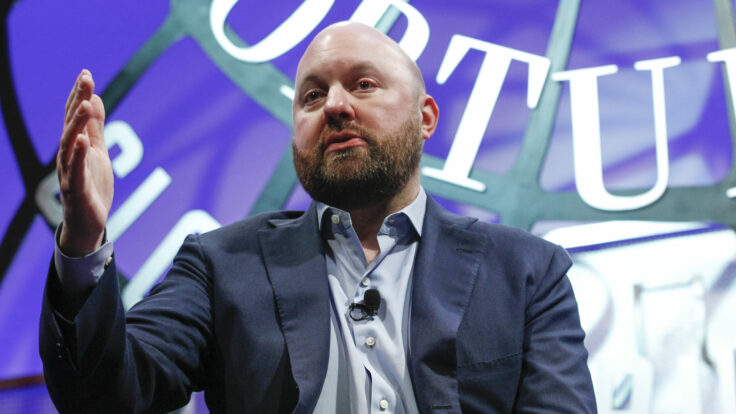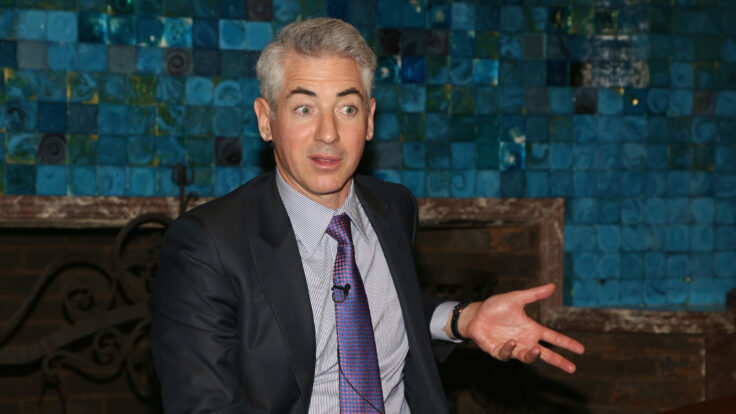When I talk to progressive fundraisers, I often ask them to posit their dream principal, or white whale—someone whose fortune they would love to direct toward their own philanthropic or political ends. There are revealing answers, like Stripe co-founder Patrick Collison, and obvious ones, like MacKenzie Scott. But the question can actually become more elucidating when it is inverted: Who is the figure whose wealth they want to avoid?
The world of philanthropy and political donations, after all, is often rather risk-averse. Advisors, who make big bets with other peoples’ money, are highly attuned to the possibility that a particularly controversial ultra-high-net-worth donor could alienate their peers or taint an organization. The one name that has come up more than any other in these conversations is Sheryl Sandberg.

















